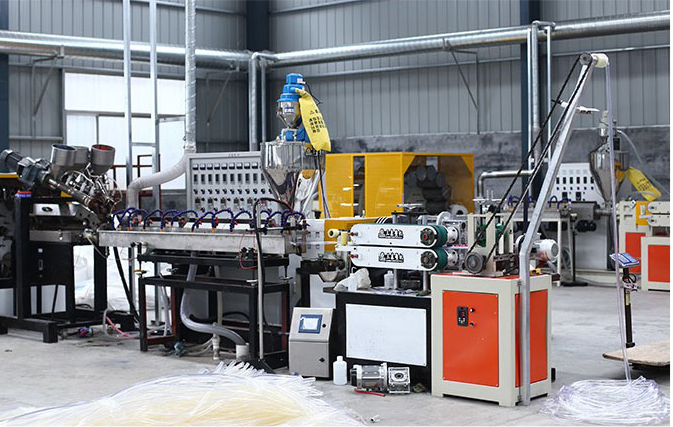lpg flexible hose
The Importance and Applications of LPG Flexible Hoses
Liquefied Petroleum Gas (LPG) has become an essential source of energy for many households and industries around the world. Due to its versatile nature, LPG is widely used for heating, cooking, and as a fuel for vehicles. One crucial component that facilitates the safe and efficient use of LPG is the LPG flexible hose. These hoses serve as vital conduits to deliver gas from storage tanks or cylinders to appliances and equipment. Understanding the significance, features, and applications of LPG flexible hoses ensures safety and efficiency in gas handling.
What is an LPG Flexible Hose?
LPG flexible hoses are specialized tubes designed for the transport of liquefied petroleum gas. They are typically made from materials that can withstand high pressure and varying temperatures while maintaining flexibility. Common materials used include rubber, thermoplastic, and metal composites. These hoses are engineered to resist abrasion, corrosion, and the effects of weather, ensuring durability in diverse environments.
One of the most notable features of LPG flexible hoses is their flexibility, which allows for easy installation and maneuverability in tight spaces. This characteristic is beneficial when connecting gas cylinders to appliances that may not be stationary or when accommodating changes in the layout of gas supply systems.
Safety Features
Safety is paramount when dealing with LPG. LPG flexible hoses are designed with various safety features to reduce the risk of leaks and accidents. Many hoses are equipped with a woven reinforcement layer that enhances strength and prevents ruptures. Additionally, some hoses come with built-in leak detection systems. These systems can alert users to gas leaks, providing an added level of safety.
lpg flexible hose

Moreover, LPG flexible hoses are often subject to stringent regulatory standards and certifications, ensuring they meet quality and safety guidelines. Regular inspections and maintenance of these hoses are crucial to identifying wear and tear, ensuring they remain in optimal condition for gas transfer.
Applications of LPG Flexible Hoses
The versatility of LPG flexible hoses makes them suitable for a wide range of applications. In residential settings, these hoses are commonly used to connect gas cylinders to stoves, heaters, and hot water systems. The flexibility allows homeowners to position their appliances conveniently while ensuring a reliable gas supply.
In commercial environments, LPG flexible hoses are employed in kitchens of restaurants and food outlets where cooking appliances rely on gas. These hoses are also crucial in industrial applications, providing gas to burners, boilers, and other equipment that require heat for manufacturing processes. Furthermore, LPG flexible hoses are used in outdoor settings, such as barbecues and patio heaters, where mobility and convenience are essential.
Environmental Considerations
As the world increasingly focuses on sustainable energy solutions, LPG is often seen as a more environmentally friendly alternative to other fossil fuels. LPG flexible hoses facilitate the use of this cleaner energy source by allowing for efficient gas transfer, minimizing waste, and ensuring that appliances operate effectively.
In conclusion, LPG flexible hoses play a critical role in the safe and efficient transport of liquefied petroleum gas in various settings. Their durability, flexibility, and safety features ensure they meet the demands of both residential and commercial applications. As energy solutions continue to evolve, the importance of reliable components like LPG flexible hoses cannot be overstated, making them essential for a safe and efficient energy future. Whether in a home kitchen or an industrial facility, these hoses form the backbone of LPG usage, contributing to both convenience and safety in everyday life.
-
Top Quality Oxy Acetylene Hoses for Sale Fit for Welding DemandsNewsJul.28,2025
-
The Future of Pneumatic Air Tubes in IndustryNewsJul.28,2025
-
Superior and Reliable LPG Hose Pipe Solutions for Every NeedNewsJul.28,2025
-
Exceptionally Durable and Versatile Premium Braided PVC TubingNewsJul.28,2025
-
Best Adapters for Connecting Garden Hose to PVC Pipe ConnectionsNewsJul.28,2025
-
The Essential Role of LPG Hoses in Safe and Efficient Gas DistributionNewsJul.16,2025














